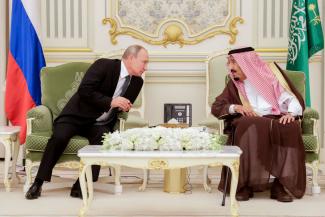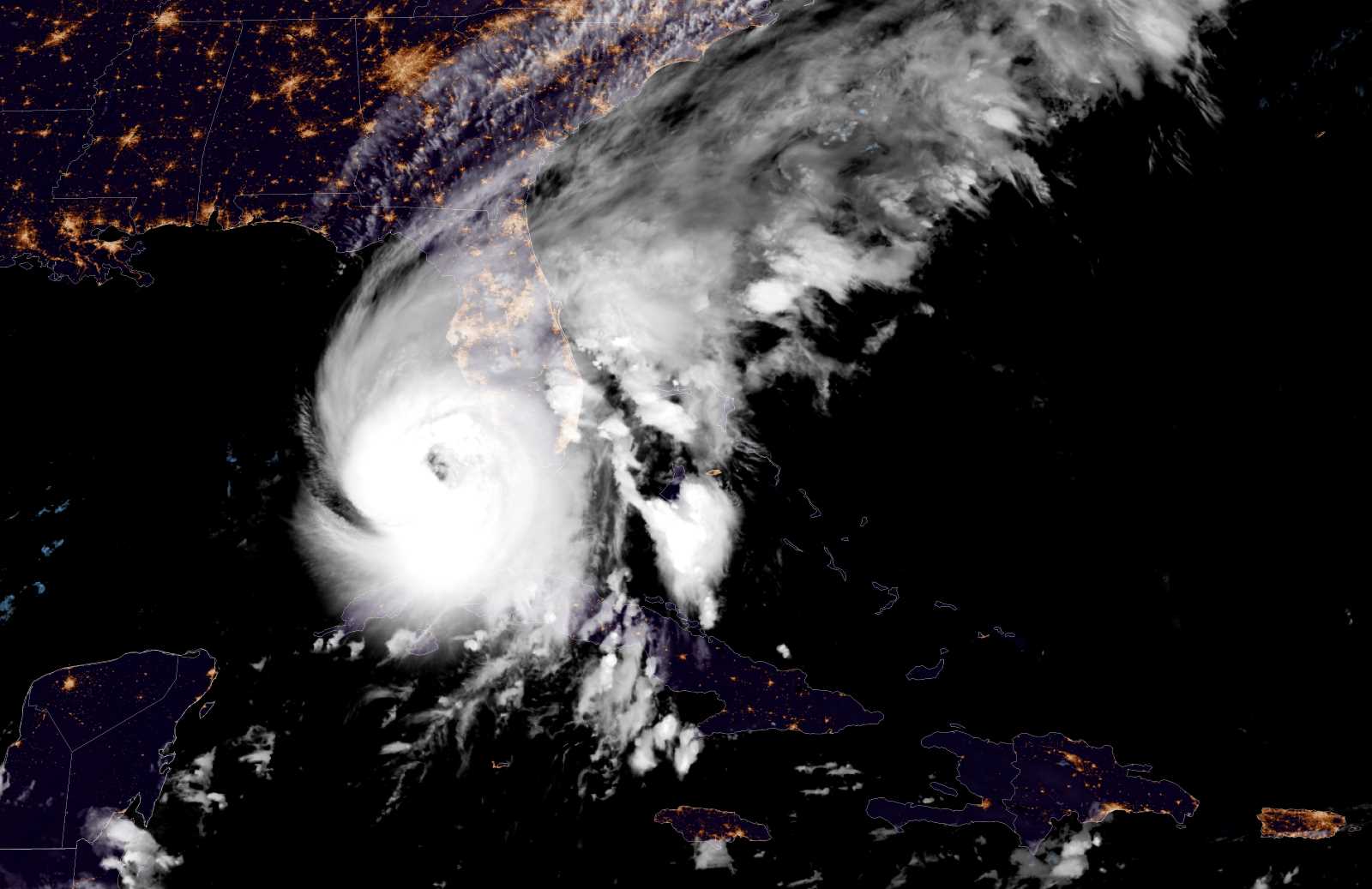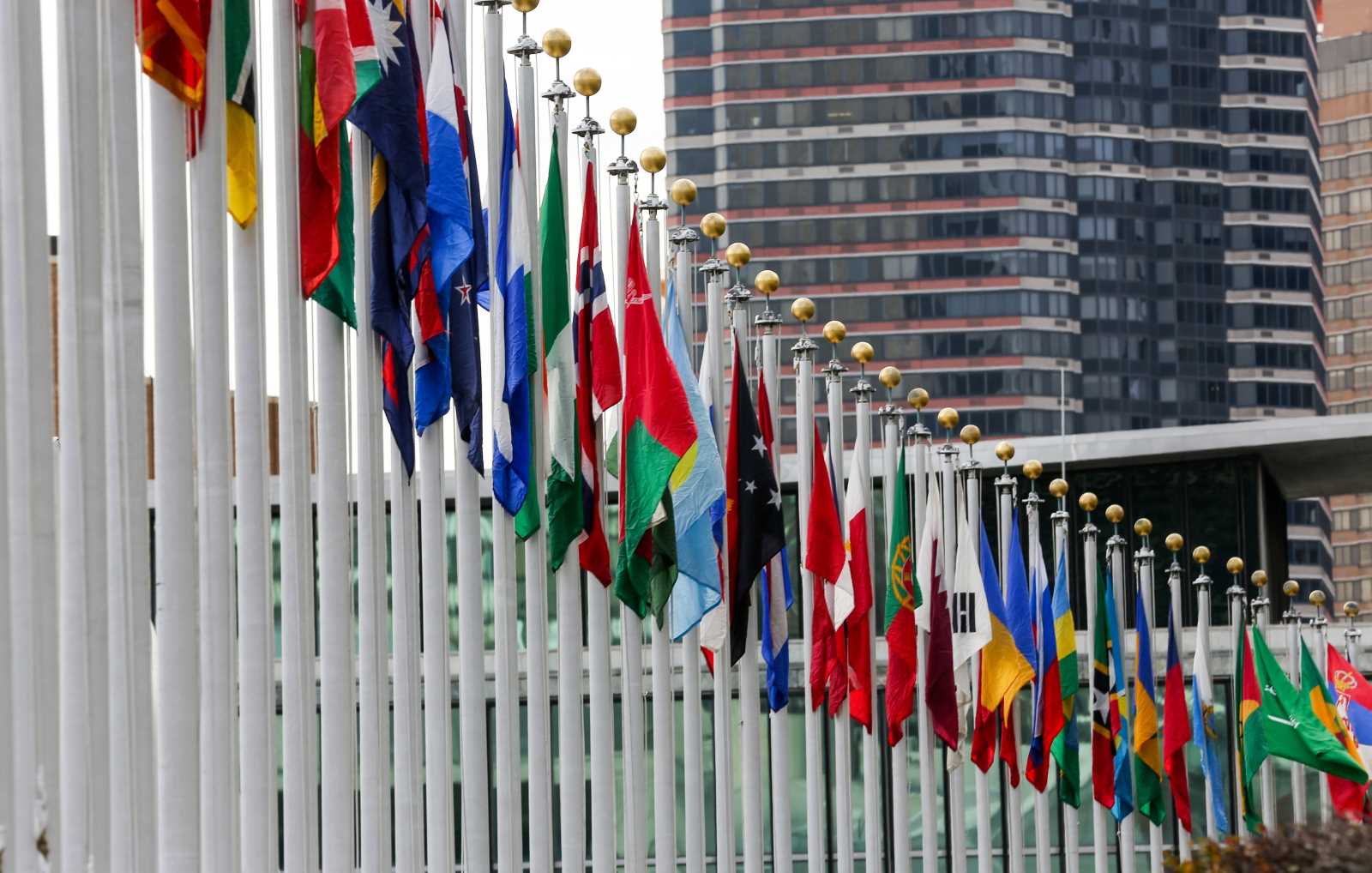Tumbling oil price
End of an era

In late April, the price for a barrel of a key benchmark oil – West Texas Intermediate (WTI) – temporarily fell below zero for oil to be delivered in May. There was such a surplus on world markets that producers lacked storage space and were willing to pay customers to take delivery.
What made this news particularly grim for the members of OPEC was that it occurred after, not before Russia and Saudi Arabia ended a price war. They agreed to a 10 million barrel per day production cut, with Russia and Saudi Arabia contributing half of that amount. The decision did not make much of a difference.
Cartels are often weaker than they appear to be. They try to control prices by agreeing either on a common, above-market price or on a reduction in supply. If they control most of the supply, both measures amount to the same thing. However, all cartels run into the same problem: Each member has a built-in incentive to cheat by undercutting the others. They either charge some buyers less than agreed with the cartel – or produce more oil.
This problem has long plagued OPEC. Despite regular cheating over the decades, the cartel stuck together so far. But the signs are increasing that its time is up. The global oil market has changed to the point where OPEC can no longer manipulate the market. It is worth pointing out that US President Donald Trump proudly claimed that he had helped Russia and Saudi Arabia to cooperate again. His policy is to prop up global oil prices for all producers, which also helps American producers. Even with Washington’s help, however, OPEC no longer has the clout it used to have.
On 27 April, the Financial Times reported that the price of a barrel of WTI oil to be delivered in June was a mere $ 12.27, far below the range of $ 20 to $ 30 OPEC had hoped to safeguard. One year ago, the price was in the range of $ 70 to $ 80, and that is what OPEC would need to revive its fortunes.
With oil prices in freefall and competition from non-cartel producers intensifying, OPEC’s days of calling the shots are over. Of course, the Covid-19 pandemic is a major cause of the cartel’s problems. The global demand for fuel has decreased by one-third because of lockdowns in many countries. With demand at record lows, prices are unlikely to recover anytime soon. The current crisis, however, is only exacerbating OPEC’s inherent weakness.
One reason for OPEC’s waning influence is simply the built-in instability of cartels. As market conditions for cartel members have worsened steadily, the incentives have grown for individual countries to make secret side-deals to get their own oil to market any way they can.
A second reason is tensions within OPEC and the countries that cooperate with it. OPEC has had the benefit of Russia, a non- member, mostly acting as an ally. This partnership is called OPEC+. As the recent price war showed, however, this alliance is quite fragile. The failure to stabilise prices as intended means that tensions will grow further.
A third reason is competition from producers outside the OPEC-plus orbit, in particular the United States. The production of shale oil has made it a net energy exporter. Other countries are producing oil too, so OPEC now controls only about one-third of global supply. There is simply too much oil out there for its decisions to make a difference.
A fourth reason is efforts to improve energy efficiency as well as to build renewable-energy infrastructure. Environmental awareness is reducing oil demand to the detriment of OPEC.
OPEC members need money, moreover, which they get mainly by selling oil. The International Monetary Fund estimates that the Gulf Cooperation Council (GCC) countries – which account for one-fifth of the world’s oil production – will run out of money by 2034 if fiscal trends continue as they were before Covid-19.
All of that casts a cloud over any further attempts by OPEC to control world oil prices. Don’t cry too hard for OPEC, however: It had a good run for nearly 60 years (see my essay “How the mighty have fallen” in D+C/E+Z e-Paper, Focus section). As nearly all cartels do eventually, it is now facing the end of its run.
Aviva Freudmann is a freelance business and economics journalist based in Frankfurt. She regularly supports the editorial office of D+C/E+Z. euz.editor@dandc.eu










